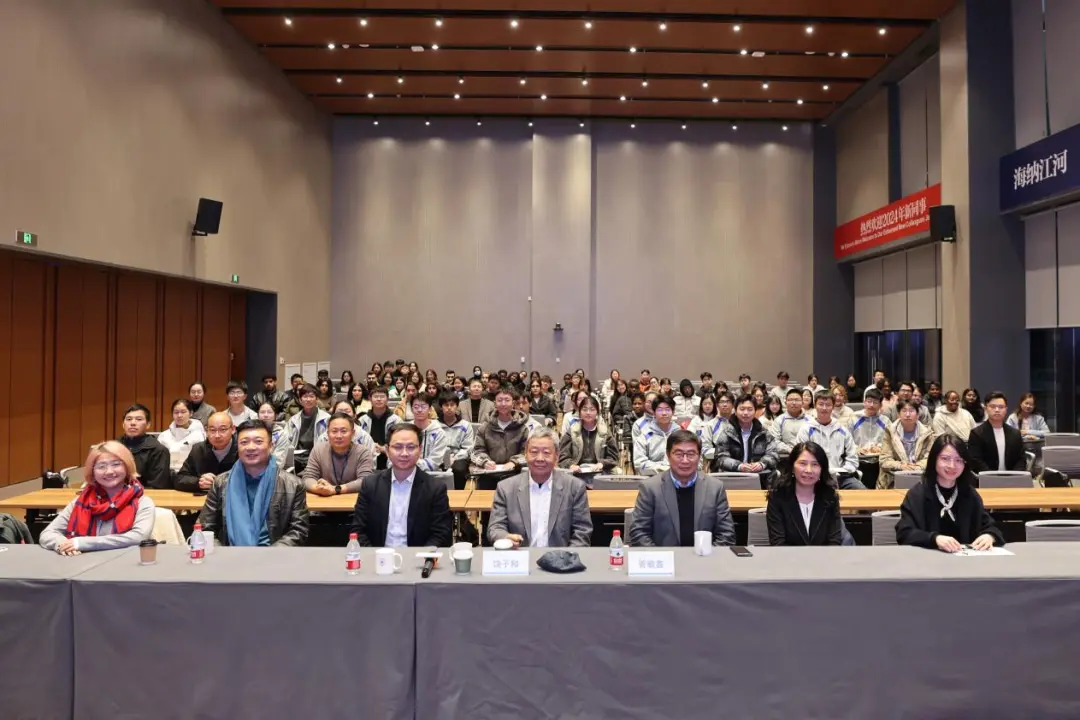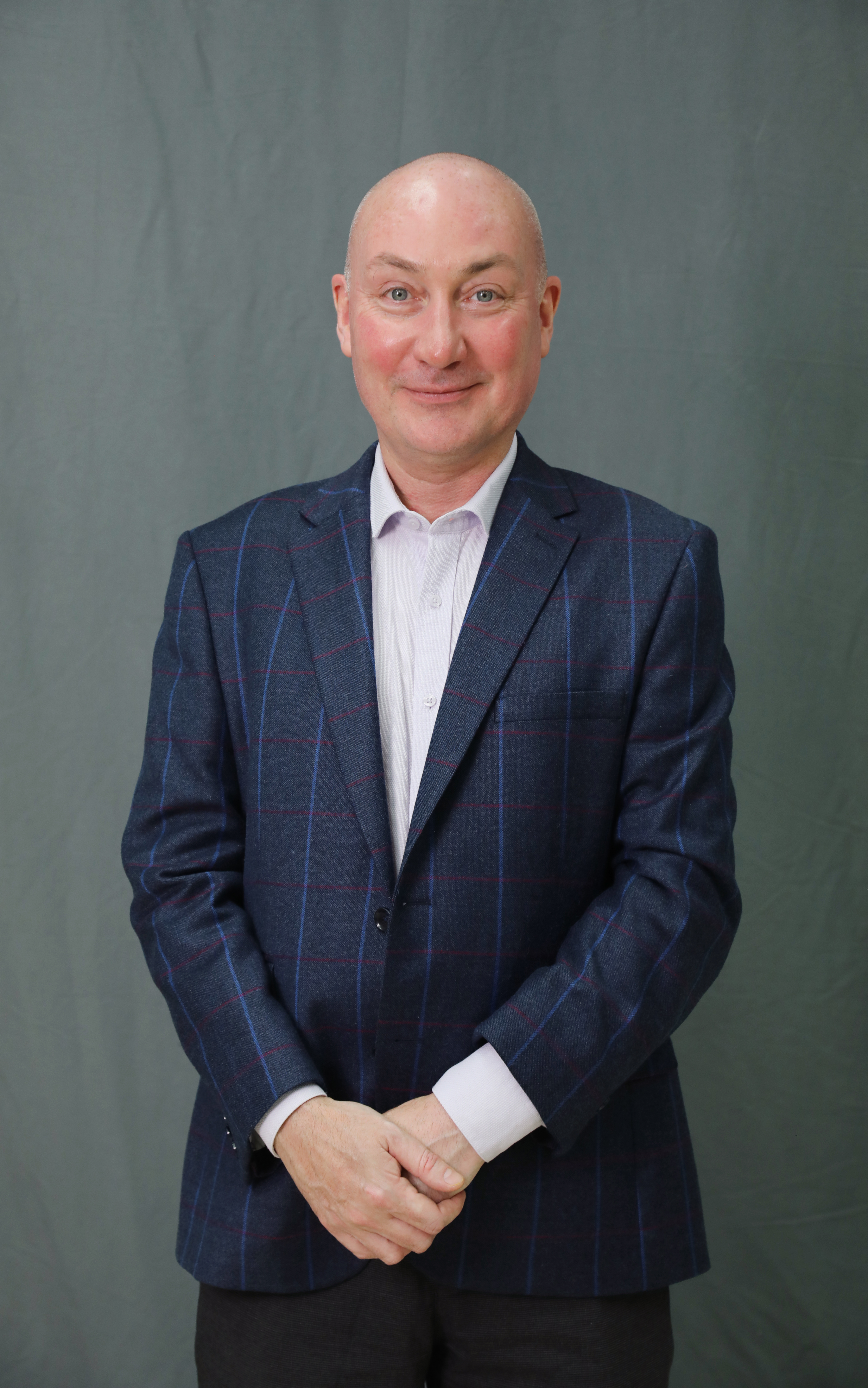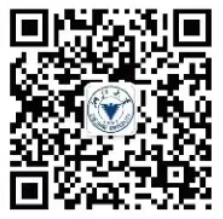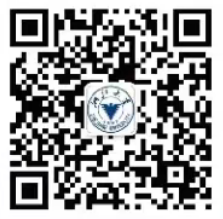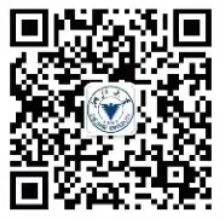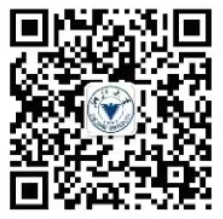
Xiaoming visiting Cambridge
Dr. Xu Xiaoming received her Ph.D. from the University of Groningen in 2023 and has recently begun her position as the research fellow and secretary of the Center for International Medical Education (CiME). Her research fields are health professions education and the internationalization of higher education. In this article, Dr. Xu shares her thoughts about the health professions education (HPE), the key missions of internationalization, and why the necessary role of the CiME as an HPE scholarship unit within a new medical school. Moreover, she shared her own story about why choosing the International School of Medicine, Zhejiang University (ZJU-ISM), and her goals for being a member of the CiME.
What is the health professions education?
Health professions education (HPE) is an internationally recognized scholarly field that helps medical schools and academic teaching hospitals to ensure evidence support and theory-informed education delivery. HPE focuses specifically on education in the health professions, ranging from the initial training of future health professionals to their lifelong continuing professional development. The research topics include but are not limited to
(1) teaching and assessment of competency-based medical education;
(2) workplace performance assessment for both learners and practicing professionals;
(3) development of health professional identity;
(4) feedback strategies in clinical settings;
(5) use of informatics and simulation technologies;
(6) continuing health professional training;
(7) admission strategies;
(8) accreditation of health professional training programs;
(9) HPE research methods. [1]
As a cross-discipline between pedagogy and health professions, HPE can focus more acutely on issues that have been neglected by education and medicine as well as bridge the two disciplines together. Supported by the theories of problem-based learning, competency-based medical education, bedside teaching, and simulation learning, HPE could support professional educators and leaders in terms of curriculum design, student assessment, program evaluation, and research, thus training better future healthcare workforces.
Internationalization as a pathway to enhancing the quality of education
The necessity of the CiME for a medical school
The CiME, as a research center, would play critical roles in (a) faculty development, (b) providing support in developing educational policy, (c) curriculum and pedagogy reform, and (d) conducting scholarship in teaching and learning activities in health professions education. As a Health Professions Education Scholarship Unit (HPESU), it aims for establishing global standards, staying current with developments in HPE worldwide, and facilitating policy-making to achieve excellence in medical education. Beyond the research outputs from individual research fellows, the center would seek cooperation locally, nationally, and globally. For a new international medical school, the center also serves as a reflective communication entity to act rapidly on recent HPE results and be innovative in international education. Even though the CiME is still young at present, it will grow as a strong HPESU that helps eventually cultivate better internationalized medical workforces.
Working as a new-comer at the ZJU-ISM and CiME
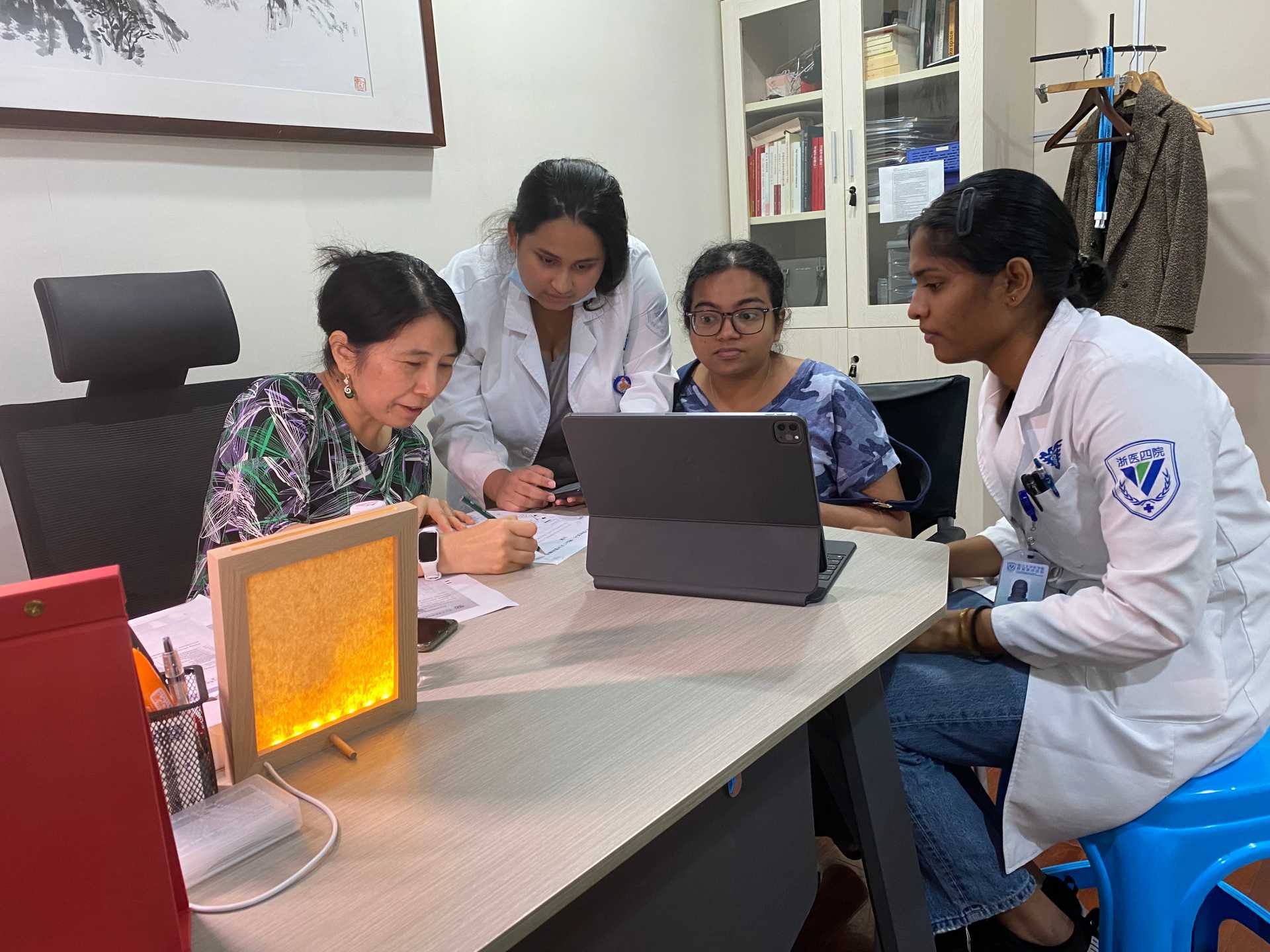
Prof. Chen holding a group meeting with MBBS students
After working here for a fortnight, she acknowledged that her previous expectations have been met, “This working place provides me the independence to conduct research of my own interests. Moreover, the CiME has a strong advisory committee like Prof. Luo Jianhong and Prof. Nico Bos to provide me with sophisticated advice timely. Besides, the working relationships with young peers like Qiqi, Hechang, and Mengze are really pleasant. More importantly, it has a supportive leader Prof. Weiying Chen. I have already gradually built my sense of belongings to the ZJU-ISM and the CiME. I have the confidence of growing together with the CiME to achieve excellence in medical education as described in its working definition,” said Xiaoming.
References
[1] Danielle Blouin (2022) Health professions education as a discipline: Evidence based on Krishnan’s framework, Medical Teacher, 44:4, 445-449.
[2] Wu, A., Leask, B., Choi, E., Unangst, L., & de Wit, H. (2020). Internationalization of Medical Education-a Scoping Review of the Current Status in the United States. Medical science educator, 30(4), 1693–1705.
[3] Ingeson, J. (2021). Internationalization efforts at a German university: A case study on how international students are engaged in a meaningful way as cultural resources. Transcience: A Journal of Global Studies, 12(2).
Written by: Xu Xiaoming
Edited by: Chen Weiying



